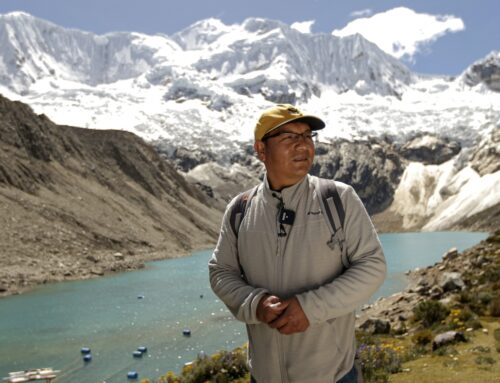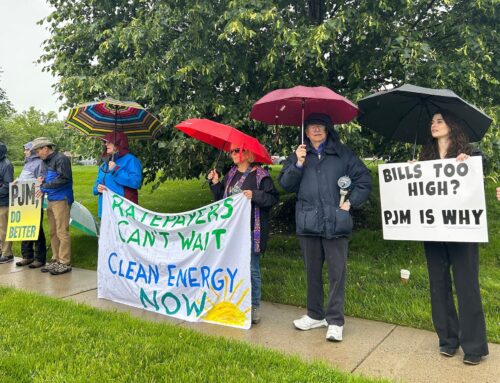JD Vance says cryptocurrency can help everyday Americans. Here’s how many actually use it.
May 28, 2025
Vice President JD Vance and two of President Donald Trump’s sons were in Las Vegas on Wednesday to talk about cryptocurrencies and how the financial instrument can help ordinary people.
Vance told attendees at the Bitcoin 2025 conference that “we have a once in a generation opportunity to unleash innovation and use it to improve the lives of countless American citizens.” According to the numbers, there’s a long way to go.
Data shows about 1 in 6 U.S. adults — 17% — have ever invested or used cryptocurrency, while half that — 8% — have used it in the past year.
Survey data from Pew Research shows crypto use is highest among men 18 to 29 years old and lowest among women 50 and older.
And new survey data from the U.S. Federal Reserve found that 7% of U.S. adults have used crypto in the past 12 months as of 2024, down from 12% in 2021.
Numbers from industry groups paint a rosier picture: According to a 2024 survey, 14% of U.S. adults currently own Bitcoin, the most popular of the various cryptocurrencies. With approximately 260 million adults in the U.S., that works out to 36 million adults with Bitcoin.
Comparatively, 26% of U.S. households own stocks or mutual funds, and 60% have retirement accounts, according to a U.S. Census Bureau report.
The Trump administration has increasingly courted the crypto audience. Last week Trump held a dinner for buyers of the president’s personal meme coin. On Wednesday the Labor Department withdrew guidance advising employers to be cautious about making cryptocurrency investments available to their employees 401ks.
Vance told the crowd Wednesday “we want our fellow Americans to know that crypto and digital assets, and particularly Bitcoin, are part of the mainstream economy and are here to stay.”
He touted Bitcoin’s ability to help Americans without a banking account (in 2023, 4.2% of U.S. households are unbanked, according to the FDIC). “Crypto has transformed how Americans transact with one another,” he said. “It’s expanded access to banking for many who may not otherwise have had it.”
Search
RECENT PRESS RELEASES
Related Post



